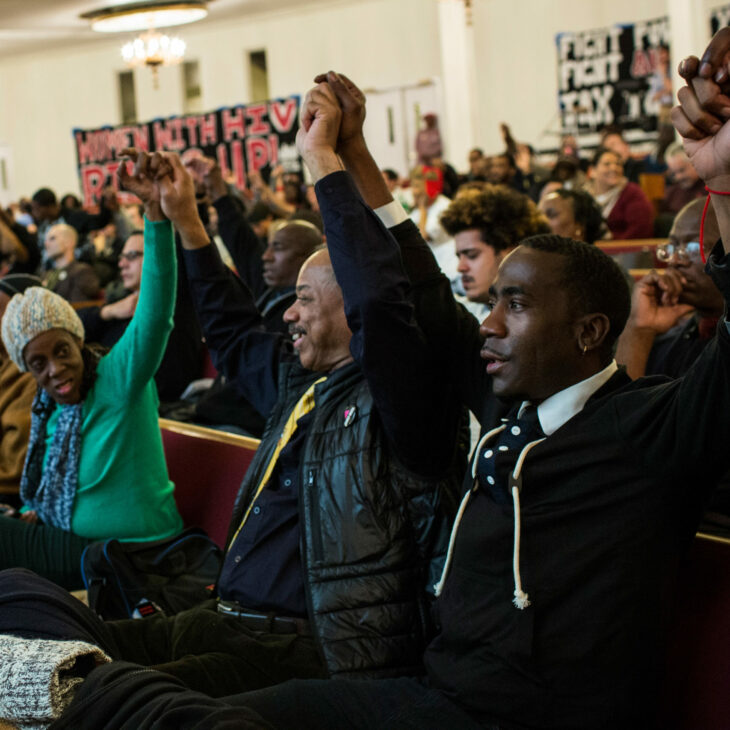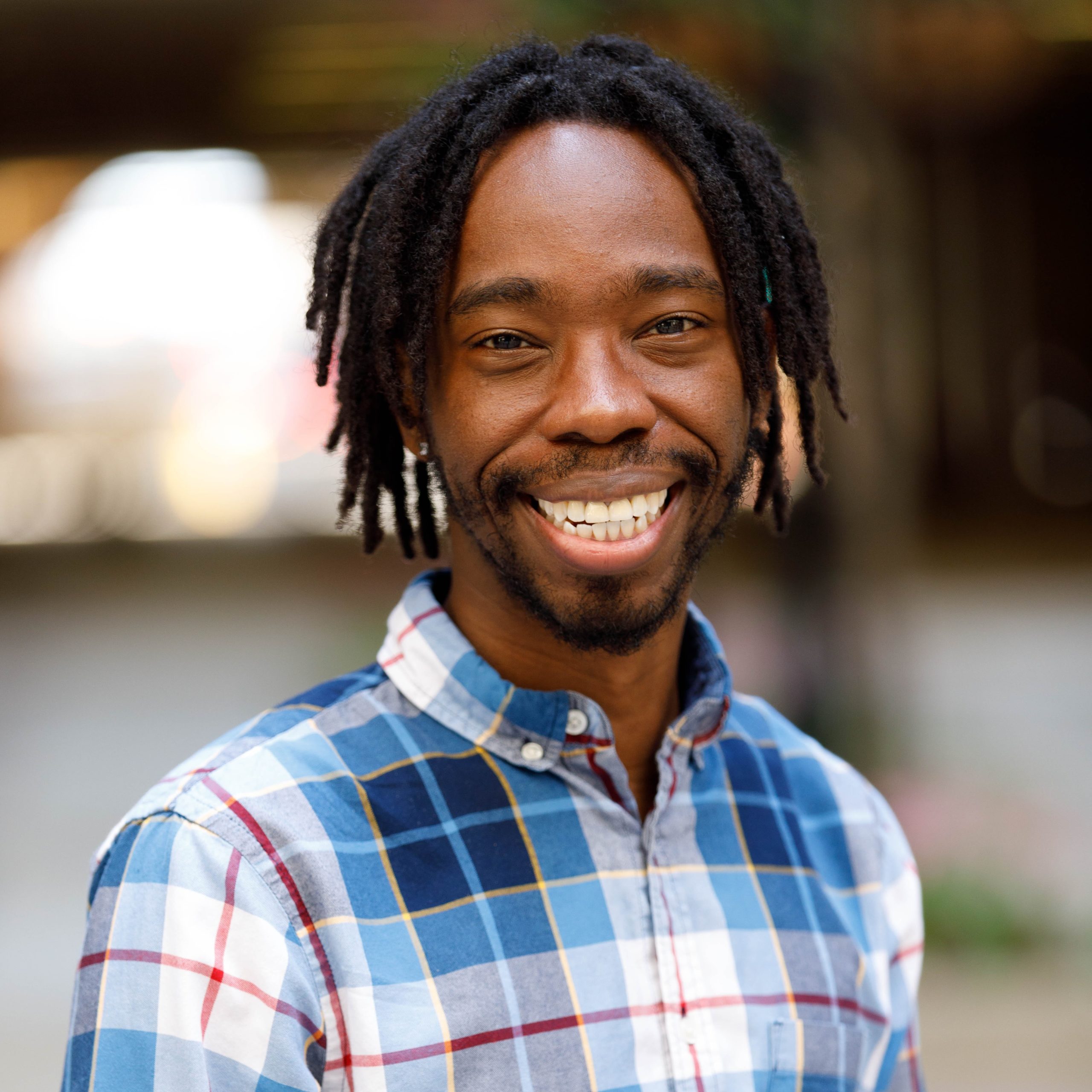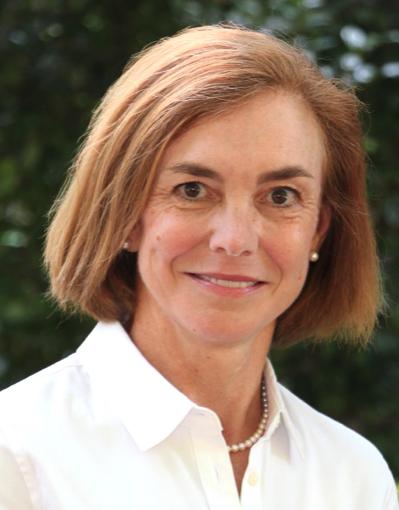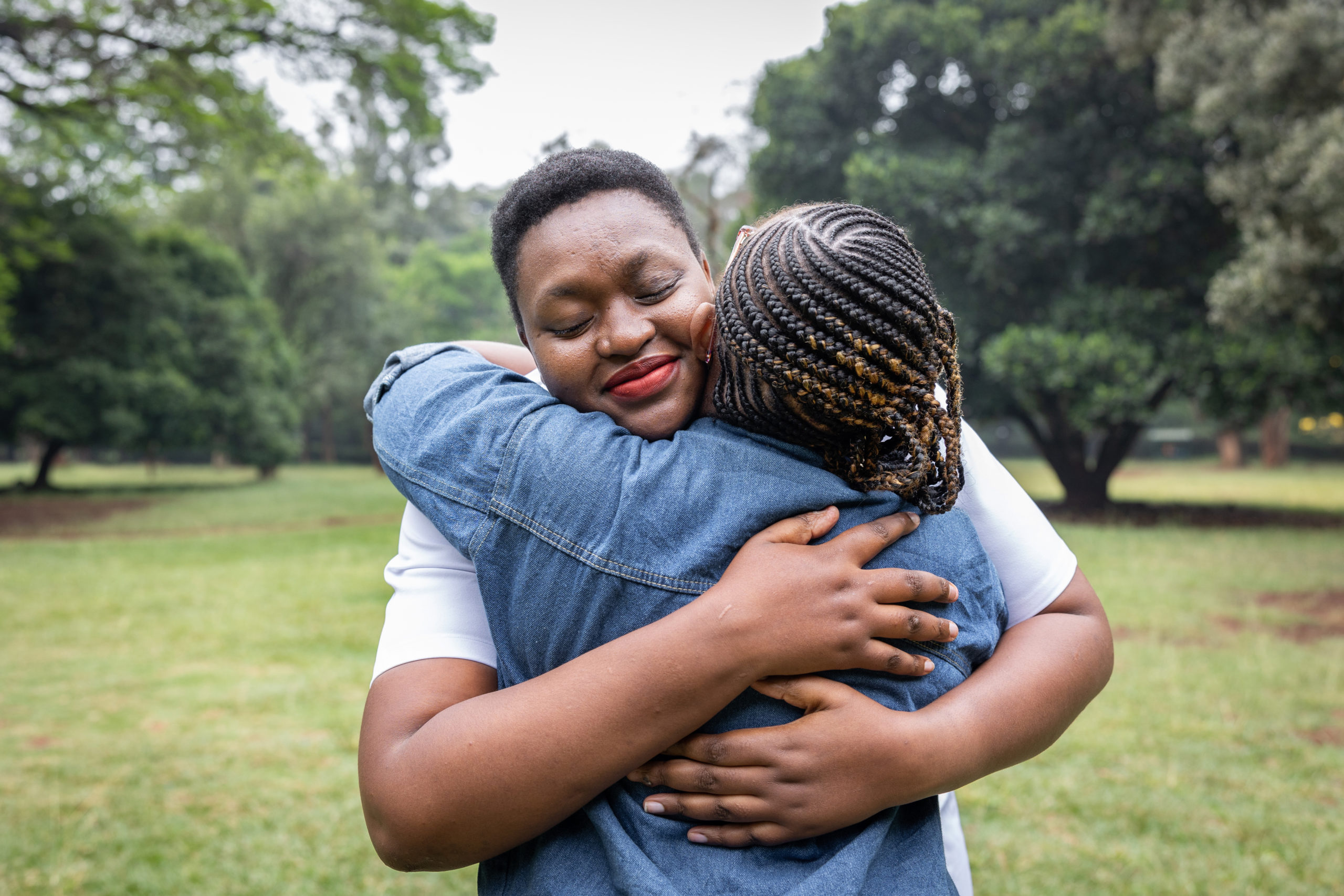How Colleges and Religious Groups Can Lead the Fight Against HIV/AIDS
September 13, 2022

The American South is the epicenter of a devastating, and preventable epidemic. In 2019, the Centers for Disease Control and Prevention reported that Southern states accounted for more than half of nearly 40,000 new HIV cases in the United States and had a greater proportion of new HIV diagnoses (52%) than all other regions combined.
To address this crisis, Interfaith America is launching another cycle of the Interfaith HIV and AIDS Capacity Building Grant to support campus-based projects at the intersection of HIV and AIDS and interfaith cooperation. The projects will work toward the destigmatization of HIV and AIDS and increase access to critical information about HIV and AIDS on historically Black colleges and universities and Hispanic-serving educational institutions.
The Rev. Don Abram, Interfaith America Program Manager and founder of Pride in the Pews, is a queer public theologian and social innovator operating at the intersection of race, religion, and social change. He spoke recently with Dr. Suzanne Watts Henderson, leader of Interfaith America’s growing exploration at the intersection of faith and health. An ordained Disciples minister and New Testament scholar, Suzanne has spent the last two decades in higher education.
Don Abram: Why is it important to leverage interfaith cooperation to combat the HIV and AIDS epidemic and to eradicate the virus?
Suzanne Watts Henderson: There are so many reasons. Interfaith cooperation really goes deep. It gets at the knowledge, skills, and attitudes needed to navigate difference with an eye towards bridgebuilding. Interfaith cooperation creates spaces for us to navigate the kind of deep human questions that sometimes are laced or overlaid with religious identity and religious conviction. So, in order to underscore the importance of testing, treatments, and eradicating the virus, it really calls on the best skills that interfaith cooperation has to provide.
DA: That is perfect. Thanks so much for that, Suzanne. How can interfaith cooperation help destigmatize HIV and AIDS?
SWH: In a way, this question gets at the heart of this approach. Religion can be really effective at stigmatizing. Many of us have experienced that. Religion as a human structure can introduce superficial markers that assign people value and worth. But I think religion at its heart — all religions — address something that goes much deeper. Religions across all traditions connect us to the sacred and so affirm our value. To use the language of my tradition, we are made in God’s image. Regardless of all kinds of difference, all kinds of human-assigned status, that image of the Divine is at the core of who we are. And so interfaith cooperation, to me, is about tapping into that deeper and truer dimension of religion, which reframes the kinds of markers that humans put on one another as not at the core of who we are.
DA: In your estimation, why is the HIV and AIDS epidemic a racial equity issue?
SWH: Well, the reason I’m convinced it’s a racial equity issue is because the data indicates that people of color and communities of color are disproportionately impacted. And these communities are disproportionally affected because of racial inequity that’s woven throughout our society and health care in particular. I think the numbers simply tell the story that that we don’t have equitable access to get information and to get treatment for people of all races.
DA: I’d love for you to talk a little bit about why you think colleges and universities are critical partners in tackling the HIV and AIDS epidemic.
SWH: I’m somebody who’s spent most of my career on higher ed campuses. And I’m convinced that higher education campuses bring to this pervasive issue some leading strengths — and one is the students. We have a chance, at this formative age, to capture the imaginations, the minds, and the hearts of emerging leaders. Students are just like sponges: they soak up information. It’s great when we can provide experiential opportunities to help them encounter and demythologize some of the narratives that maybe they absorbed before they get to college. And so, it’s just the right moment to tap into the excitement they have for learning.
I’ve really enjoyed watching and hearing stories about how students are leading the way among their peers, especially once they have great information about HIV and AIDS. They become ambassadors, and pretty convincing ones in their own contexts.
The other strength that goes hand-in-hand with the students is campus educators. By educators, I mean professors, but also staff and administrators who care deeply about the formation of their students. These folks go into higher education, in many cases, because they want to make a difference in the world. Put together, what’s really promising is the way in which campus educators and students are reaching out into the community and partnering with faith communities or other community organizations that are interested in promoting public health around HIV and AIDS.
DA: I’m curious to know how your faith inspires you to respond to the HIV and AIDS epidemic. As you know, this grant is called the Interfaith HIV and AIDS Capacity Building Grant. So, as you think about your own faith in relation to this work, what comes up for you?
SWH: My own faith is at the heart of my response to this question. I identify as Christian, and I’m ordained in the Christian Church (Disciples of Christ). The Jesus that I follow is the one who spent his time among those who had been stigmatized by their society. And the more I read and study the New Testament as a New Testament scholar, the more convinced I am that bringing a message of inclusion and belonging to all people, and particularly to those who live under a societal stigma, is at the heart of my calling as a follower of Jesus.
DA: What advice would you give to ministers and preachers ministering to those impacted by HIV and AIDS?
SWH: That’s a great question. Honestly, Don, the older I get, the less advice I have to give. I do have, maybe, some observations — just stuff that I’ve learned from watching other people, and frankly, reflecting on my own journey. One thing that I’ve noticed is that we all carry so many more assumptions than we realize. For example, when I find myself dealing with situations that are new to me, I realize I bring my own frameworks and assumptions. And so, as a pastoral leader, I am working on listening, and I’m working on noticing where I assume I know something that I might not know.
So, I think that it’s really important to give folks the space to share their stories authentically and vulnerably. And I think all the pastoral care classes in seminary that I took could really boil down to deep listening and deep loving and deep presence. I think that is what I’ve found to make room for all kinds of healing.
Share
Related Articles
Racial Equity
American Civic Life
American Civic Life
Faith Based Efforts Work in Vaccine Uptake: Now Let’s Make it Easy
Panel Conversation for World AIDS Day

Rev. Don Abram
Rev. Don Abram, the founder of Pride in the Pews and Program Manager at Interfaith America, is a queer public theologian and social innovator operating at the intersection of race, religion, and social change. His work and writings have been featured in the Chicago Tribune, Religion News Service, and the Christian Science Monitor. He received his BA from Pomona College and his M. Div from Harvard Divinity School.

Dr. Suzanne Watts Henderson
Dr. Suzanne Watts Henderson consults mainly with the strategic initiatives team, leading Interfaith America’s growing exploration at the intersection of faith and health. An ordained Disciples minister and New Testament scholar, Suzanne has spent the last two decades in higher education, serving as professor and dean of the chapel and leading efforts to embed religious pluralism across campus units.

Upcoming Webinar
Join us!
In commemoration of World AIDS Day on Dec. 1, Interfaith America will host a conversation exploring the critical role of Greek affiliated organizations in the fight against HIV and AIDS.
Register today!


